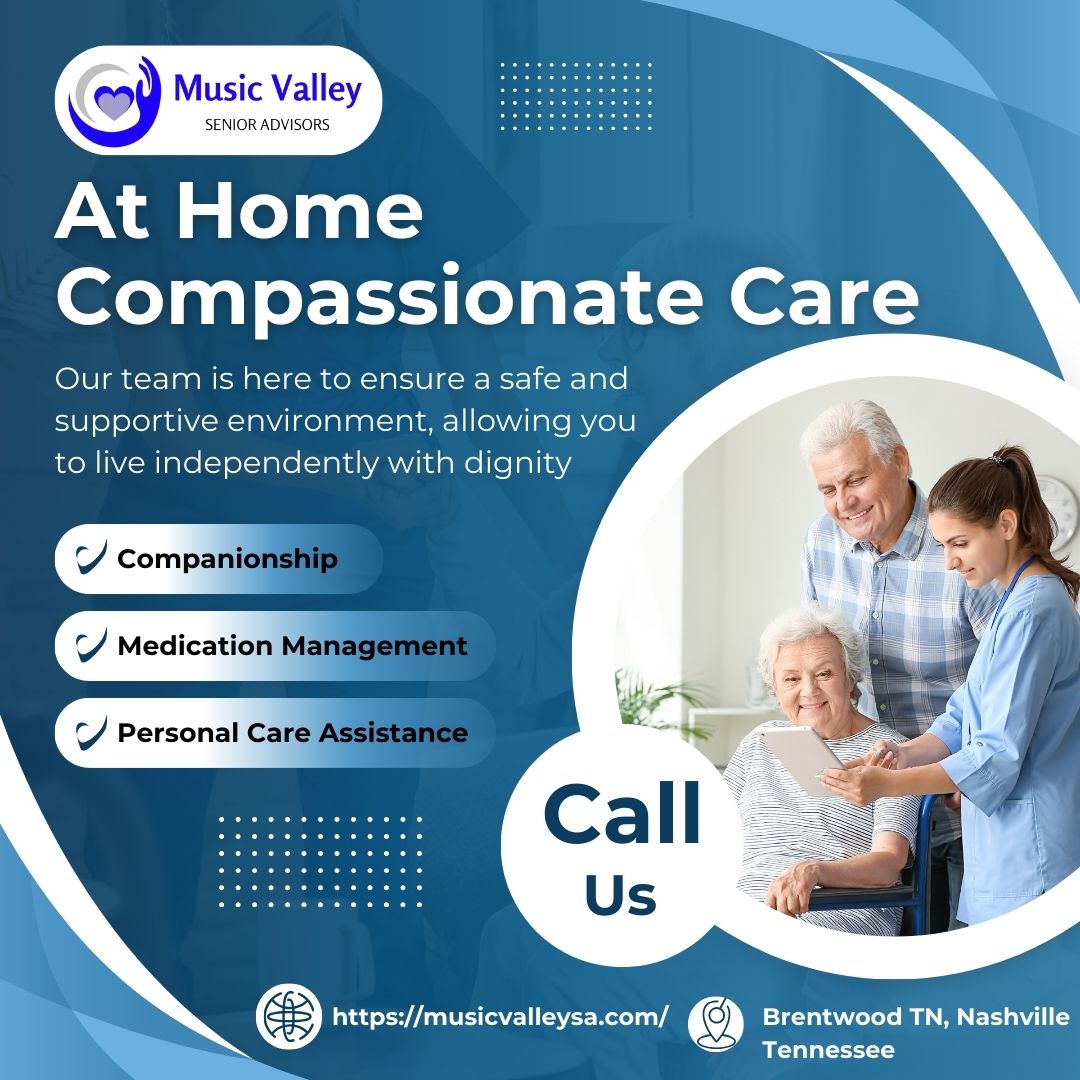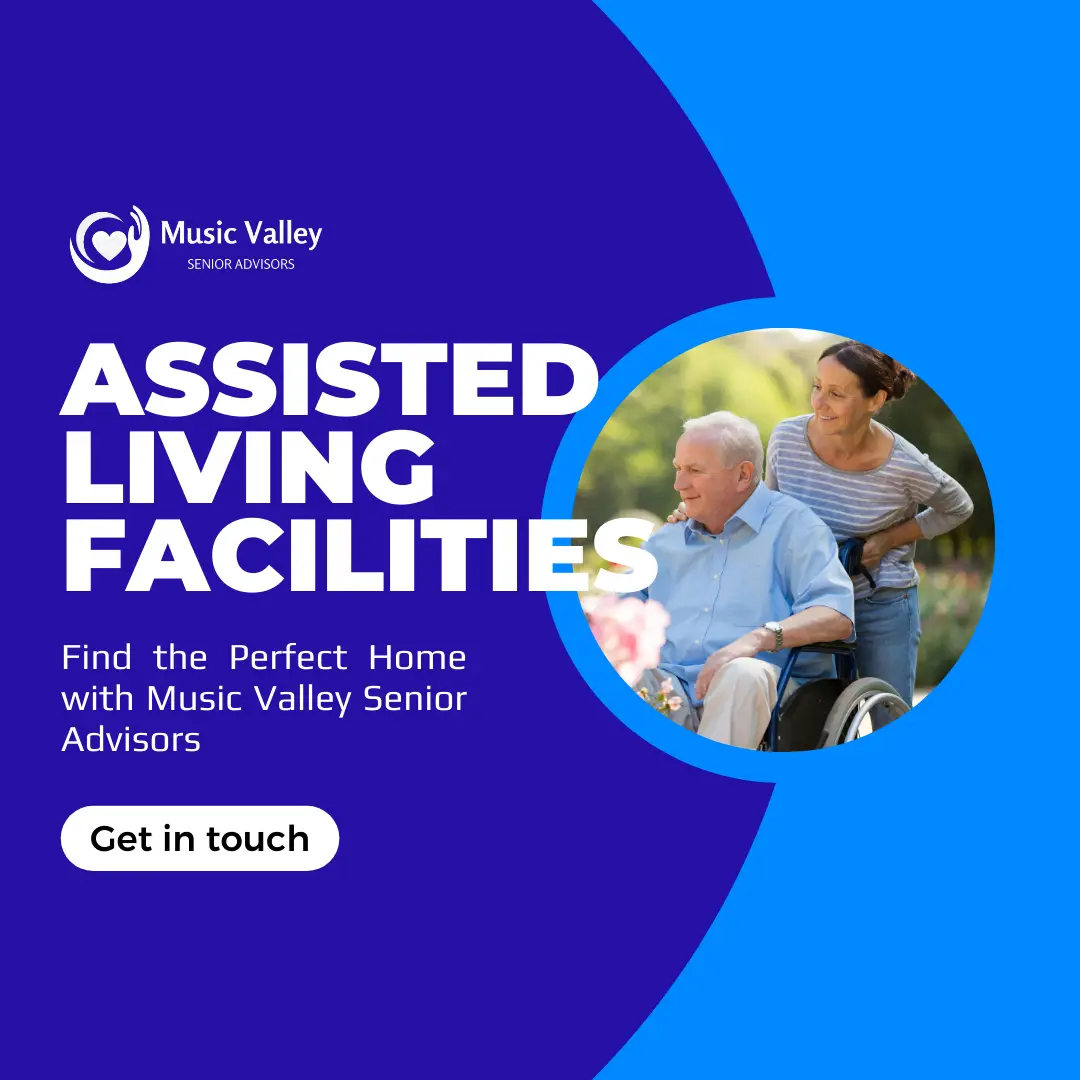The world of senior care can feel like decoding a complex puzzle with pieces that range from eldercare advisors to in-home caregivers. These guides are pivotal for families juggling the health needs of aging loved ones while balancing their own busy lives. Senior care services promotes independence, safety and cherish individual wellbeing, dedicating themselves to refined solutions just right for every unique situation.
With roles varying from daily living support to decision-making assistance, these consultants provide makes you feel better or happier when you are sad or disappointed by taking on challenging tasks. So you don’t have to shoulder them alone.

What Are Senior Care Services, and Why Do You Need Them?
You may have heard about senior care services, but you might not understand their full importance. The services that these offer you help with tasks that are difficult for seniors to do such as bathing and grooming and moving from one side of the house to fall or an injury through lack of mobility of the house. Personal home care workers organize lives at home by cooking healthy food and keeping the living areas clean.
These caregivers don’t only meet the physical needs of the seniors, but also provide the emotional support those seniors might otherwise feel alone. They also monitor medications so your loved ones remain healthy according to doctors’ orders.
If you’re looking for personal attendant services. it is then inevitable to look at senior care consultants or advisors. A caregiver that fits is who you need to find expertise with, so you can stay at home for the long comfort.
How Senior Care Consultants Simplify Care Decisions for Busy Professionals
Eldercare can be complicated. That’s why Senior care consultants are here to help you especially if you are a busy professional who’s striving to get the best out of work and life. By diving deep into every aspect of your loved one’s life, they learn everything about them.
There’s much more than that: emotional well-being, healthcare needs, personal preferences. You can imagine with such knowledge in hand that they will select housing or care suggestions that may include those that are not in senior living communities such as downsizing before you move straight into supportive housing! Advisors take their time with you.
They don’t make rash decisions and they don’t act as sales men trying to sell you on certain locations. In place of that, however, they fervently fight for what’s actually good for your family members most. In addition, they afford a full exploration.
However, when a list refined through discussion is generated, it results in arranged calls or tours, where advisors offer heavy backing in meetings and viewings alike. Their role spans until final decisions transform into action: this occurs when people feel strongly informed and confident advancing to new arrangements. Real allies from start to finish.
They don’t cost any money in the sense that they are paid out of chosen communities after successful placements, where payments flow from to them.
Elder Care Providers: Choosing the Best Fit for Your Family
When you’re looking for elder care providers, understanding your loved one’s needs is key. Do they require that you help with everyday things like bathing or cooking? Do they need medical attention and physical therapy or what?
There are diverse options: Assisted living allows them to stay, in-home care allows them to stay put, nursing homes offer intensive health management and assisted living provides autonomy plus support. Does the provider have a license? and look up online reviews – real people’s stories matters. Think about extra fees and also about what assistance there is with the costs, like whether, for example, there’s veterans’ benefits available.
Go and visit prospective facilities and find out what the emergency procedure is and actually see caretakers live and interact with residents. Trustful updates of your senior’s status must be possible with seamless communication between caregivers and families. Deciding with elders is showing respect for their decision preferences resulting in high preference post choice.
Once you choose a service make it a point to keep tabs on regularly to make sure you are receiving the same standard of care. If something is off, go with that gut feeling and always. But it often means something worth looking into.
Why Elder Care Management Is a Game-Changer for Senior Well-Being
Elder care management, like the work Music Valleysa especially that will take a long time upon after her nursing career in New York City, fills a crucial role. Distressed by recurrent hospital readmissions among seniors who couldn’t manage at home post-discharge, she recognized an essential gap: For community living seniors, it’s proactive care coordination.
Drop Medication mismanagement or fall prone areas in a Home. But sometimes addressing them diligently, sometimes by adding grab bars and sometimes by rethinking a medication routine can make all the difference.
Services provided by care managers run from $100 all the way up to $300 per hour. It protects senior health and autonomy, especially for agers who live alone, with personalized professional service.
Top Benefits of Partnering with a Senior Living Advisor
Partnering with a senior living advisor means you have an expert by your side. They know all the different types of communities in which to place your loved ones, so they won’t miss a trick in finding the right home for your loved ones. Their process is detailed to extent of thoroughly evaluating each and every one of their needs then pairing them to the best available care options and communities where they can thrive.
These advisors spend time to understand your preferences and needs and tailor support just for you. They take you through decisions regarding touring, costs and services from beginning to end, from scheduling tours to questions about costs or services. They stay contact with you throughout changes in care, and over time, and offer trustworthy referrals to vetted professionals in the rare event that you need an elder law attorney
Securing Your Aging Loved One May Need Senior Care Services
If you’re noticing your loved one forgets to lock doors or leaves the stove on, it could signal a need for 24-hour in home care. They may also have unexplained injuries that may show their living environment isn’t safe anymore. This might mean that they’d probably benefit from companion care or nursing support if being health has entered the picture.
If missed meals and weight loss. It’s at that point that senior nutrition services steps in to ensure that healthy eating habits do not fall by the wayside in the face of aging difficulties.
And don’t overlook signs of caregiver burnout: Even the most devoted family member’s ability to supply good eldercare can become compromised by exhaustion. Help for professionals may now be necessary. This includes talking with the health care experts to see what extra help may be needed at home.
Or maybe more structured elderly care facilities would be better support.
How Senior Care Consultants Help Navigate Long-Term Care Options
As you weigh your options for long-term care, a senior care consultant becomes an invaluable asset. They understand the way things work on services like home health aides and how to work that Medicare coverage web. To name a few, such as when recovering at home following surgery or learning to manage chronic conditions like diabetes with at home assistance.
That certified agencies are there to supply critical medical oversight where needed. And costs really go up quickly. Some Medicare expenses may be covered, but they’re often on a temporary or short term basis; then by state and private insurance doesn’t pick up much if anything.
Many pass this up, leaving a lot of people paying steep out of pocket fees unless they are shown suitable coverage by professionals. Senior care consultants can direct you towards reliable home health agencies vetted by Medicare who possess solid references and clean records. Using seasoned insight is crucial, but daunting.
They are capable of making sure that your loved one gets not only qualified but also affordable to the pockets, the ideal and particular to your loved one’s needs type of caregiving services.
Elder Care Providers vs. Family Caregivers: Which Is Right for You?
With professional elder care providers and family caregiving, there are two options to consider and weigh your loved ones specific needs. Medical or non medical type of services for seniors are excelled by professional caregivers. They are compensated experts experts at handling complex business of health tasks such as management or end of life care.
Things that most families can’t offer. On the other hand, family members offer an unmatched degree of ties together, but as a caregiver, they will find certain tasks as difficult. Some may have difficulty changing adult diapers, or dealing with bodily fluids, but this comes as normal for professionals.
But it’s important also to note that professional caregivers usually work in shifts and they deserve some downtime, which full time family caregivers rarely get. Our staff at Elder Care Alliance communities provide holistic support focused for each individual’s dignity and well being. When the time comes for home based care to no longer be sufficient, high quality amenities will provide support this transition.
If you would like tailored advice on how to create a plan that works best for you. And ensuring dignified aid. Senior living advisors can be very handy indeed.
Future of Eldercare Advisors: Trends and Innovations
As senior care has always struggled to keep up with the growing rate of aging within the population, expect smart technology to increasingly result in safer and more efficient care, albeit gradually. Think of it as sensors spread out all over a home monitoring blood pressure, room temperature, and who knows what else. They improve both health management and the quality of living of seniors who prefer to age in place.
Indeed, for example, apnea monitors or glucose meters identify vital signs in gadgets that can enable individuals with chronic issues to concentrate on what is significant. Telemedicine also means older adults can talk to their doctors about health concerns without leaving the house—the convenience of consultations is evolving too. When traveling or odd hours, it’s a true boon, but poses risks.
The innovations go beyond health tracking and virtual doctor visit to help the elderly become independent while staying safe. Seniors also have choices not only where they live but how comfortably they can live right there at home, with personal care assistance covering daily tasks, then when needed, skilled medical attention right at home. Besides this, companionship programs offer ways of social interaction of a qualitatively meaningful nature.
Anti solitude. Between the support structure of independent living communities. Don’t forget, too, meal deliveries customized for dietary restrictions that provide nutrition for those who cannot prepare their food.
But remember: If technology is only used properly, it only aids. Batteries need to be charged or replaced as instructed, or simply persuaded, and the devices must be worn correctly.
Eldercare advisors offer vital support for families navigating the complexities of senior care. Picture their services as a knowledgeable guide to informing you of what care options will work best for your loved ones. They know about local resources, they can explain the different levels of assistance, and they are a listening ear (when decisions start to get too much).
Time saved, stress lessened, most importantly seniors dignity and needs cared for by these professionals framing a plan. To spare them from a poor and distressing period of later years, spent with pain and care.




